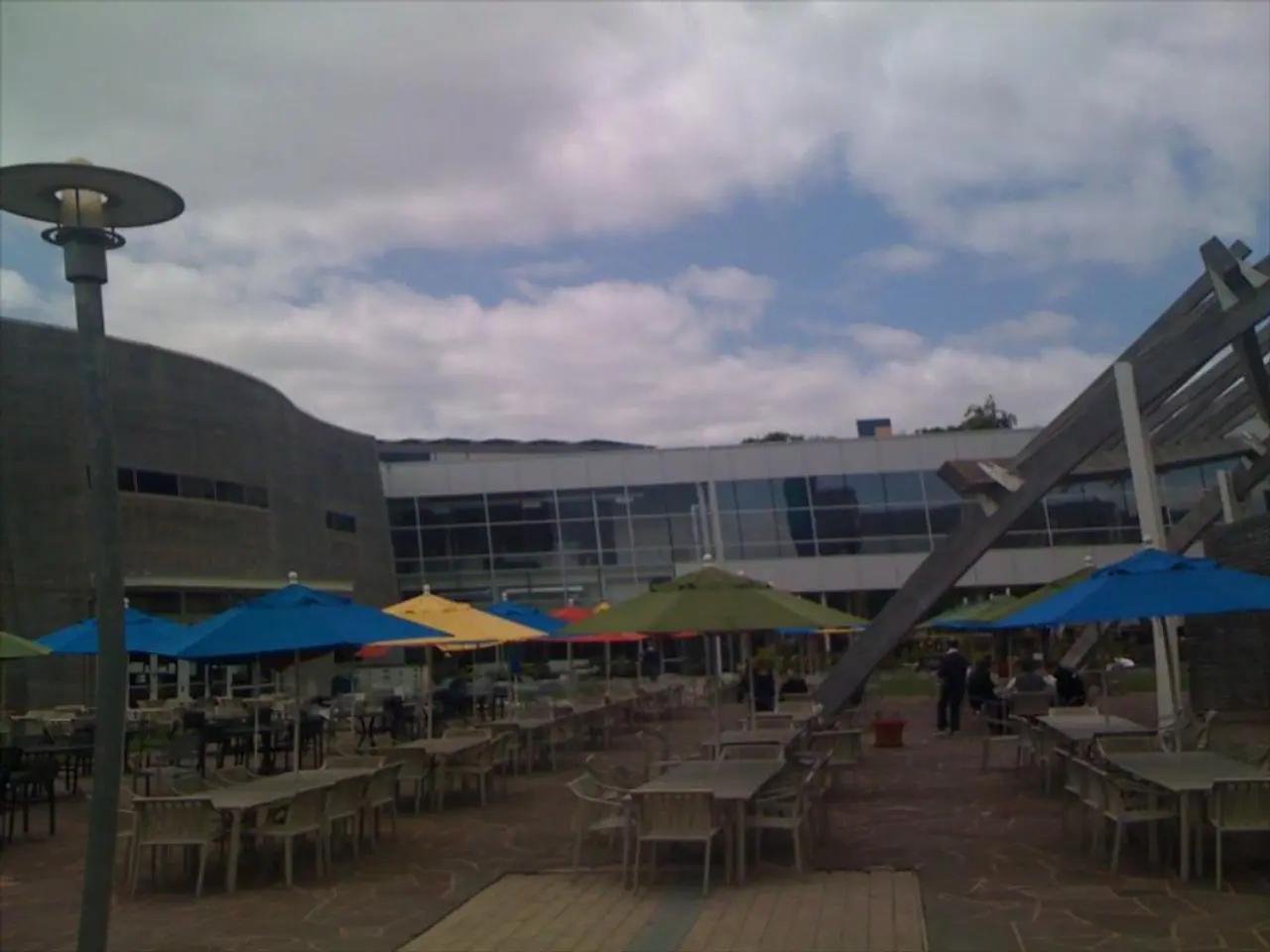A comprehensive exploration of leisurely vacationing: delving into the world of slow travel
In the fast-paced world we live in, taking a step back and embracing a more mindful approach to travel is becoming increasingly popular. Known as slow travel, this philosophy encourages travellers to prioritise the journey itself over simply reaching the destination.
Visby, Sweden, an enchanting medieval town, is a perfect example of a suitable destination for slow travel. Offering self-guided tours, botanical gardens, and a glimpse into Viking history, Visby invites visitors to immerse themselves in local culture at a relaxed pace.
If you're aiming for a rejuvenating vacation, slow travel might be just what you need. By staying in a residential area, you can encounter more locals, enjoy more space, and even cook meals using local ingredients. This approach promotes immersive, sustainable, and meaningful travel by spending extended time in one place, connecting deeply with local culture, and minimising environmental impact.
The principles of slow travel are straightforward. Prioritise the journey over just arriving, savoring experiences en route rather than focusing on expediency. Stay longer in fewer places to benefit local economies and foster personal connections with residents. Embrace local culture and pace by engaging with communities, local food traditions, and everyday life rather than rushing through tourist spots. Adopt sustainable practices such as choosing vegetarian meals, eco-friendly accommodations, and low-impact transport. Cultivate mindfulness and presence, accepting stillness and unpredictability as part of the experience.
Ideal destinations for slow travel typically offer rich local culture, slower paces of life, and sustainable tourism infrastructure. Smaller towns and rural areas where you can immerse in local traditions, places accessible by train or bike for scenic, low-impact travel, and locations with authentic cultural experiences and environmentally conscious lodging options are all excellent choices.
When it comes to transportation, travel by train, bike, or on foot whenever possible to experience the landscape and community intimately and reduce your carbon footprint. Use local public transport like buses or shared taxis rather than private vehicles to support local economies and reduce emissions. Avoid air travel when feasible or limit flights by staying longer in each destination. Choose off-peak travel periods to avoid crowds and reduce strain on local resources.
Accommodations that emphasise environmental responsibility and cultural integration are key. Opt for sustainable, locally-owned lodging such as small hotels, guesthouses, or design-led boutique hotels supporting local communities. Consider vacation rentals, house sitting, or home exchanges to reduce environmental impact and often connect more closely with locals.
Additional tips for practicing slow travel include cooking some meals yourself using local ingredients to engage further with the culture and reduce dining costs. Explore by walking or cycling to discover hidden gems and foster a personal connection with the place. Be patient and embrace unexpected moments, allowing genuine local encounters and personal growth.
In essence, slow travel is about a deliberate, thoughtful approach to exploring the world that prioritises sustainability, local engagement, and savoring both the journey and destinations at a relaxed pace. Whether you're looking for a calmer vibe, innovative architecture, or a chance to learn a new language, slow travel offers a refreshing alternative to the rush of checking destinations off bucket lists.
- To plan a relaxing vacation, consider adopting the slow travel philosophy, which encourages visiting one location extensively, immersing in local culture, and minimizing environmental impact.
- Instead of rushing through tourist spots, prioritize experiences en route during your slow travel journey, such as visiting Visby, Sweden's botanical gardens or learning about Viking history.
- When selecting accommodations for your slow travel itinerary, opt for sustainable, locally-owned options like small hotels, guesthouses, or vacation rentals to support local economies and connect more closely with locals.
- For a rejuvenating vacation that promotes sustainability and mindfulness, choose a destination that offers rich local culture, such as smaller towns or rural areas, and travel by train, bike, or on foot as much as possible.
- To practice slow travel, embrace local culture and pace by engaging with communities, local food traditions, and everyday life; and be patient, allowing for unexpected moments, genuine local encounters, and personal growth during your vacation.




